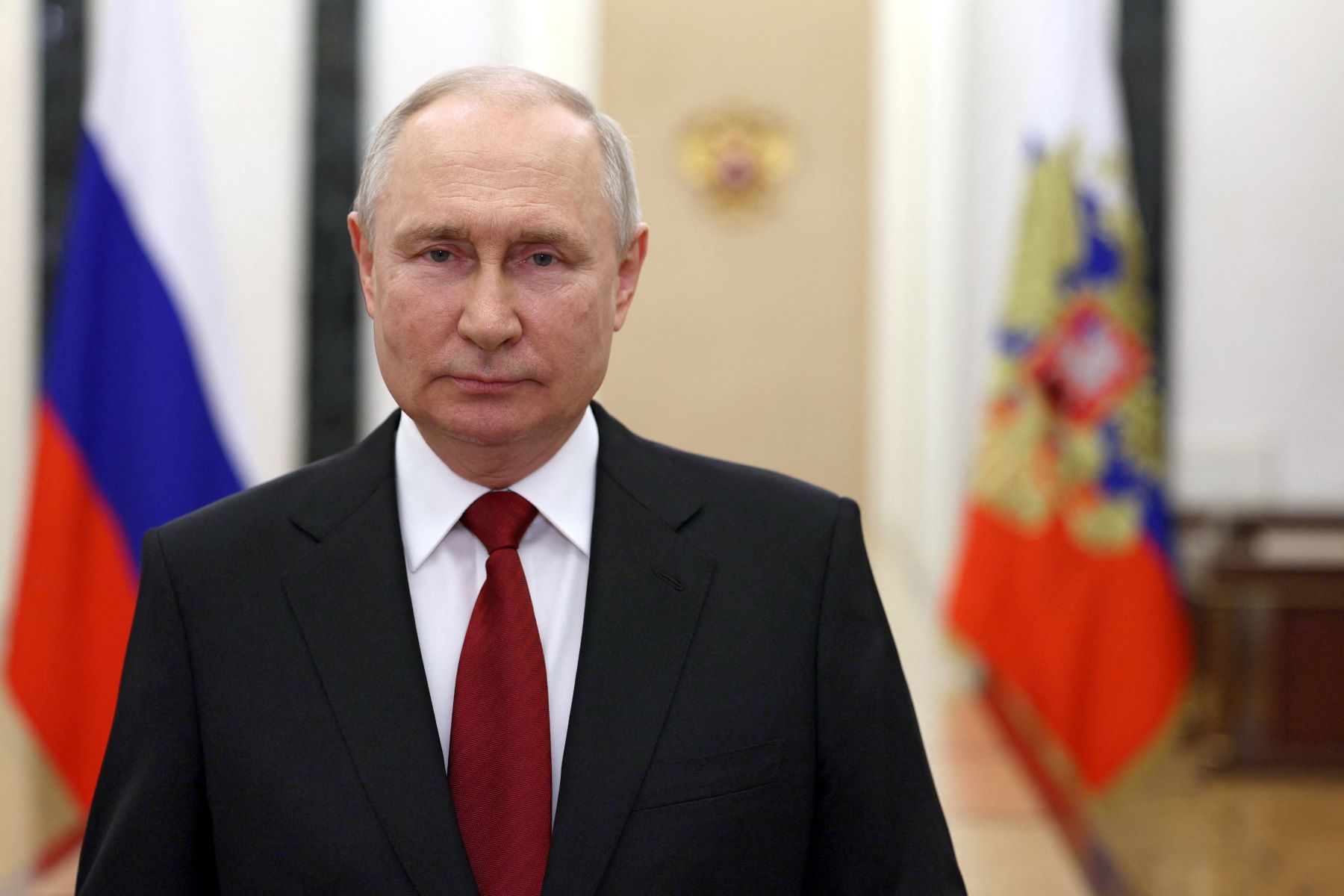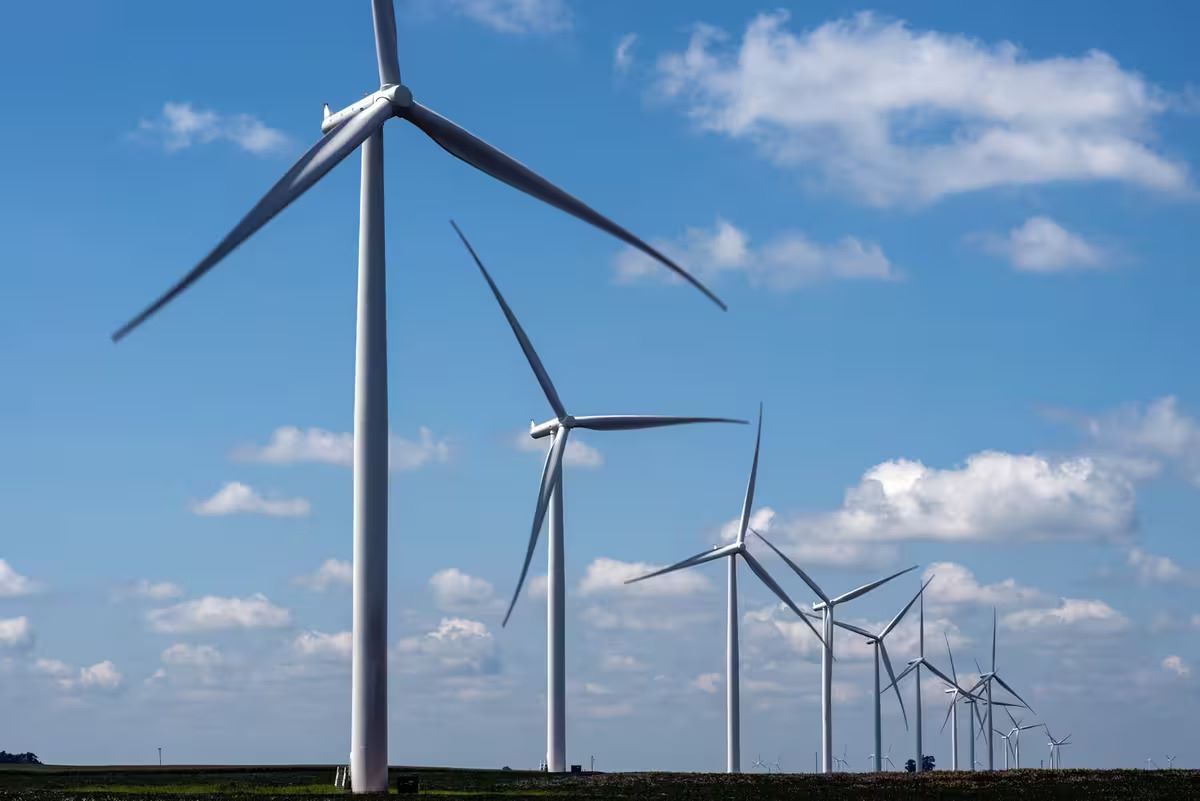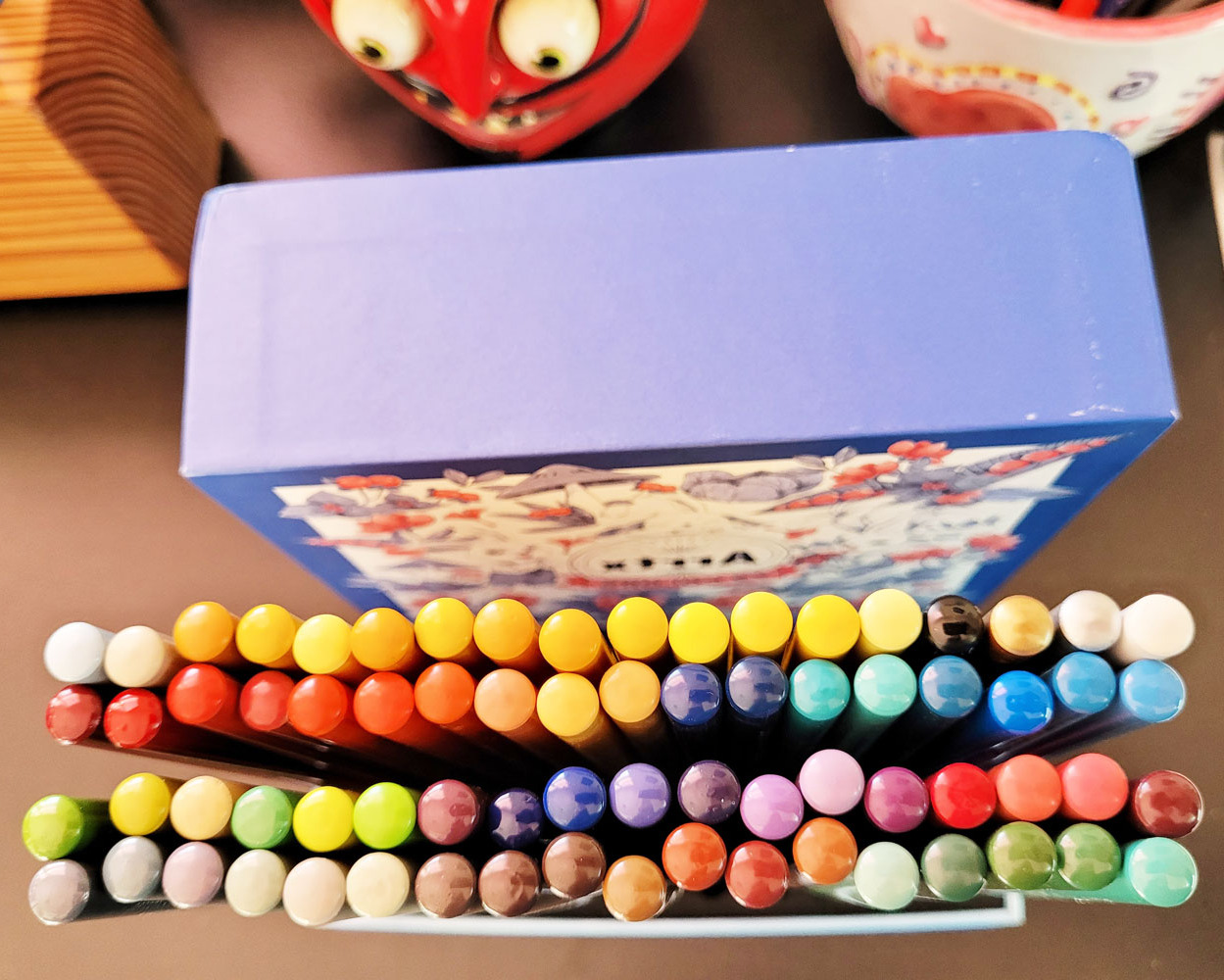
Vladimir Putin, the enigmatic and controversial leader of Russia, has captivated the world’s attention for over two decades. As the President, Prime Minister, and now President again, Putin’s influence on his country and its global standing is undeniable. But beyond his political prowess, Putin boasts a multitude of intriguing facts that contribute to his larger-than-life persona. From his judo black belt to his adventurous hobbies, there is much more to this leader than meets the eye. In this article, we will delve into 18 astounding facts about Vladimir Putin that shed light on his personality, achievements, and the mystique that surrounds him. So, buckle up and get ready to discover some lesser-known aspects of Putin’s life that might surprise you.
Key Takeaways:
- Vladimir Putin is a multifaceted leader with a strongman image, excelling in martial arts, diplomacy, and sports. His love for nature and classical music adds a surprising touch to his powerful persona.
- Putin’s legendary encounter with a bear, black belts in judo and marksmanship, and involvement in sports PR stunts contribute to his larger-than-life image as a fearless and adventurous leader.
Vladimir Putin wrestled a bear. Seriously.
One of the most remarkable and widely known facts about Vladimir Putin is his legendary encounter with a bear. Rumored to have taken place in the Siberian wilderness, Putin demonstrated his strength and fearlessness as he engaged in a wrestling match with a fully grown bear, showcasing his physical prowess and dominance.
Vladimir Putin’s favorite animal is the tiger.
Known for his love of wildlife, Putin has a special affinity for tigers. He has been actively involved in conservation efforts to protect the endangered Siberian tiger and has even been filmed interacting with these majestic creatures in their natural habitats.
Putin is a black belt in judo.
Before entering politics, Putin excelled in martial arts. He achieved the prestigious rank of black belt in judo and has participated in various international competitions, demonstrating his skill and discipline in this combat sport.
Putin has been in power for over two decades.
Since his ascent to the presidency in 1999, Putin has solidified his position as one of the most influential leaders in modern history. His tenure has seen Russia undergo significant changes and assert its influence on the global stage.
Putin is fluent in several languages.
Aside from his native Russian, Putin is proficient in multiple languages, including English and German. This linguistic versatility has allowed him to engage with world leaders and navigate international diplomacy with ease.
Putin has a black belt in diplomacy.
Known for his strategic approach to politics, Putin has mastered the art of diplomacy. His ability to negotiate and maintain relationships with various countries has positioned Russia as a key player in global affairs.
Putin was a KGB agent during the Cold War.
Prior to his political career, Putin served as a high-ranking officer in the Soviet Union’s intelligence agency, the KGB. His experience in espionage and intelligence gathering has shaped his approach to governance and decision-making.
Putin has been accused of suppressing political opposition.
While Putin enjoys widespread popularity in Russia, his critics argue that he has stifled political dissent and limited freedom of speech. The suppression of opposition figures has sparked controversy and raised concerns about the state of democracy in Russia.
Putin is an avid hockey player.
Beyond his political responsibilities, Putin has a passion for ice hockey. He often participates in exhibition matches and has been known to display impressive skills on the ice.
Putin has a judo training partner named Yasuhiro Yamashita.
To maintain his judo skills, Putin regularly practices with his training partner, former Japanese judoka Yasuhiro Yamashita. This partnership has allowed him to stay in peak physical condition and continue honing his martial arts abilities.
Putin has a black belt in marksmanship.
In addition to his martial arts expertise, Putin is renowned for his sharpshooting skills. He has demonstrated exceptional marksmanship in various shooting competitions, further showcasing his multifaceted talents.
Putin is a nature enthusiast.
Outside of politics, Putin finds solace in nature. He enjoys outdoor activities such as fishing, hunting, and horseback riding, allowing him to connect with the natural world and unwind from the demands of his leadership role.
Putin has carefully cultivated his strongman image.
With his well-toned physique and rugged demeanor, Putin embodies the archetype of a strong and powerful leader. His public image as a strongman resonates with many Russians and contributes to his popularity and perceived strength as a leader.
Putin holds a black belt in public speaking.
Known for his captivating oratory skills, Putin has mastered the art of public speaking. His speeches are carefully crafted to resonate with the Russian populace and convey his messages effectively.
Putin enjoys classical music.
Despite his tough exterior, Putin has a refined taste for classical music. He has been spotted attending operas and concerts, demonstrating his appreciation for the arts and culture.
Putin has been involved in several sports PR stunts.
Throughout his career, Putin has participated in various sports-related publicity stunts. These include riding shirtless on horseback, piloting a fighter jet, and diving into icy waters, further perpetuating his image as a daring and adventurous leader.
Putin has an extensive collection of watches.
Known for his impeccable sense of style, Putin has a vast collection of luxury watches from renowned brands. These timepieces serve as both functional accessories and status symbols.
Putin’s official presidential vehicle is an armored limousine.
To ensure his safety and security, Putin travels in a specially designed and heavily armored limousine. This high-tech vehicle is equipped with advanced features, including bulletproof glass and reinforced body panels.
Conclusion
In conclusion, Vladimir Putin is undoubtedly a fascinating figure with a multitude of astounding facts surrounding him. From his impressive background in martial arts to his swift ascension to power, Putin has captivated the world with his leadership and enigmatic persona. Whether you admire him or have concerns about his actions, there’s no denying the lasting impact he has had on Russia and the international stage. As Putin’s political career continues to unfold, we can only expect more intriguing facts and developments to emerge. Love him or hate him, Vladimir Putin remains an enigma that continues to intrigue and captivate people all around the world.
FAQs
1. How long has Vladimir Putin been in power?
Vladimir Putin has been in power as either the President or Prime Minister of Russia for over two decades. He was first elected as President in 1999 and served two consecutive terms until 2008. After a four-year hiatus, he assumed the position of Prime Minister in 2012, only to be re-elected as President in 2018.
2. Is Vladimir Putin a former intelligence officer?
Yes, Vladimir Putin started his career in the Soviet Union’s security agency, the KGB. He served as a KGB intelligence officer stationed in East Germany during the 1980s. This experience in the intelligence field has often been cited as one of the factors contributing to his astute political strategies.
3. How did Vladimir Putin become so popular in Russia?
Putin’s rise in popularity can be attributed to a variety of factors. His tough stance on national security, assertive foreign policy, and efforts to revive Russia’s economy have resonated with many Russians. Additionally, his image as a strong and decisive leader has appealed to those who seek stability and a return to Russia’s superpower status.
4. Has Vladimir Putin faced any controversies during his time in power?
Yes, Putin’s tenure as a political leader has been marked by several controversies. These include allegations of human rights abuses, suppression of political opposition, and accusations of election tampering. However, Putin’s popularity within Russia has remained relatively high despite these controversies.
5. What is Vladimir Putin’s net worth?
Estimating Putin’s net worth is challenging as official figures are not disclosed. However, some reports suggest that his wealth could be in the billions, largely accumulated through his associations with Russian oligarchs and control over state-owned companies.
Was this page helpful?
Our commitment to delivering trustworthy and engaging content is at the heart of what we do. Each fact on our site is contributed by real users like you, bringing a wealth of diverse insights and information. To ensure the highest standards of accuracy and reliability, our dedicated editors meticulously review each submission. This process guarantees that the facts we share are not only fascinating but also credible. Trust in our commitment to quality and authenticity as you explore and learn with us.


